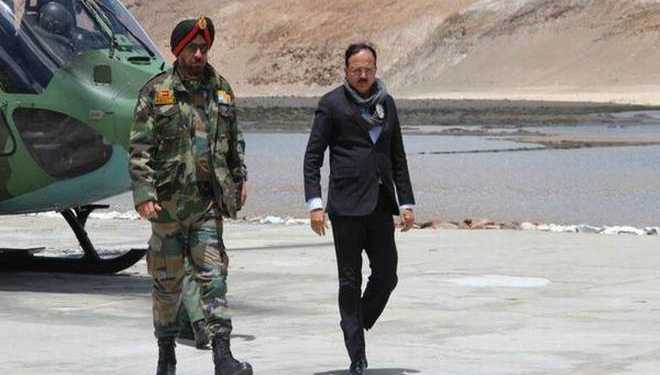The Minister of State for Defence Subhash Bhamre, in a written reply, has informed the Parliament about the various surgical strikes which have been carried out by the armed forces in the past 15 years. The written reply presented in the Parliament read, “Based on specific and credible inputs about terrorist teams having positioned themselves at launch pads along the LoC to carry out infiltration and conduct terrorist strikes in Jammu and Kashmir and in various metros in other States, the Indian Army carries out operations to pre-empt infiltration by terrorists, as and when required.”
The reply by the Minister of State for Defence did not present an exact number but explained in full the need for surgical strikes to take place. Capabilities of the Indian armed forces to secure their homeland too should not be doubted over after the numerous surgical strikes in Pakistan and Myanmar. It is better to nip the evil in the bud rather than wait for it to spread and then cause havoc inside the country. Surgical strikes serve the same purpose and make the job of armed forces working inside the country easier and ensure civilian safety.
The opposition party leaders such as Sanjay Nirupam from Congress and Arvind Kejriwal from the Aam Aadmi Party who had previously been sceptical about the surgical strike and had asked for proofs should now be even more ashamed. Congress president Rahul Gandhi too had been criticised by the incumbent Goa Chief Minister and the former Defence Minister, Manohar Parrikar recently. The former Defence Minister said, “When we did the surgical strike, the opposition parties said that they never happened. I would have taken the Opposition party on the surgical strike. I would have told the Army to take Rahul Gandhi and do the surgical strike.” He went on to add, “If you want to do a surgical strike, then the most important thing is secrecy. Only four people were knowing about the strike including the prime minister, me, Army chief and the director general of military operations besides Army’s Zone Commander and the Commander in Srinagar (sic).”
The words of the former Defence Minister are loaded with truth as the Army operations of this nature will be in danger if news gets out in the open. It would also prove to be detrimental to the safety of the soldiers who are involved in the operations on the ground. On 29 September, 2016, eleven days after the Uri attack, where 19 Jawans had been martyred by Pakistani terrorists, the Indian army conducted surgical strikes against terrorist launch pads in Pakistan Occupied Kashmir (POK). Lt Gen Ranbir Singh, Indian Director General of Military Operations (DGMO), said that it had received “very credible and specific information” about “terrorist teams” who were preparing to “carry out infiltration and conduct terrorist strikes inside Jammu and Kashmir and in various metros in other states”. Indian media reported the casualty figures variously from 35 to 50.
Likewise, a team of 12 Para Commandos had carried out a surgical strike in neighbouring Myanmar against the Nationalist Socialist Council of Nagaland guerrillas in late June this year. Both of them were necessary to safeguard the country and its citizens, and that is what the Indian Army does.
























